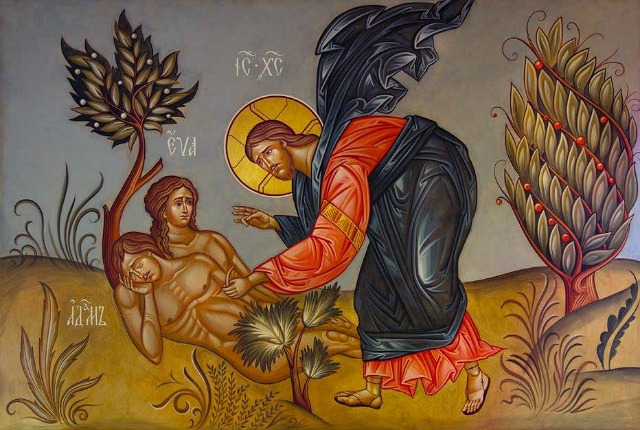Women, Men and Ministry by Peter Corney
The following takes a ‘meta theological’ or overall Biblical narrative approach in trying to answer the question – ‘What are the big Biblical ideas that help us to find our way in these issues?’
- Creation: We are all made in the image of God and therefore equal – Gen 1:27. Both the man and the woman are given the role to rule over creation – Gen 1:28. In marriage they are described as “one flesh”, a unity of equality – Gen2:24-25. It should also be noted that the Hebrew word translated as “helper” to describe the woman in Gen 2:18 means one that corresponds to the man or the other side of the coin and is most commonly used of God inthe OT. But the fall disturbs all this and introduces inequality and oppression –“he will rule over you” – Gen 2:16. The fall introduces into our natures the propensity to “the will to power” 1, usually over others and frequently men over women. There are of course many other ramifications of this disturbance in the created order like fear and shame – Gen 3:8-10. The whole plan of salvation is to rectify this disturbance and restore Gods original intentions, which of course includes the relationship between men and women.
- Redemption: The goal is to reconcile, restore and renew what has been disturbed and fractured. This plan is worked out in history through Israel and the Old Covenant and then finally through the Church in the new Covenant and so unfolds progressively. In the OT the sign of membership of the people of God, who are called out to be the instrument of Gods plan of redemption is circumcision, born by the male members only as the full plan of redemption is not yet fully realised. But when we come to the fulfilment of the plan, with Jesus’ death, resurrection, the coming of the Holy Spirit and the establishment of the Church, it becomes baptism. This sign is now given to all, men, women, children, slaves, Jews and Gentiles-Gal 3:26-28, Coloss 3:9-11, Ephes 2:11-22, Philemon 15-17. So we begin to see the redemptive process of reconciliation, renewal and restoration beginning to work itself out in the relationships of gender, race and status (e.g. slave and free). Baptism incorporates us all into Christ where we are united as one. The NT in fact encourages us to see ourselves now not only as equals but in a radical new relationship of servant love (literally slaves) of one another just as Christ served us – Phil 2:5-11, Ephes 5:21, Mark 10:42-45.
- New creation: So the new people of God, the Church, are to be signs, examples and foretastes of the new creation, the Kingdom that God through Christ is bringing in now and which will be finally consummated when Christ returns and the whole creation is healed and renewed – Rom 8:18-27, Rev 5:9-10, 22:2 (‘the healing of the nations’.)
- Ministry: In the new people of God all are equal and servants of one another, therefore ministry and role are by gift (Charism) of the Holy Spirit – I Cor 12:1-31, Rom 12:3-8. Roles and ministry are no longer to be determined by gender, inherited position (OT Priesthood), the world’s cultural constructs of hierarchy and imposed authority, but by the Spirit.2 The proper ordering of the gifts of ministry is a function of the new covenant community operating in its new understanding of itself as a community of redeemed equals in which the disturbed relations between people and particularly men and women and the judgements of the fall are now in the process of redemption. So all tendencies to the fallen “will to power” over one another must be eschewed and excluded from whatever method of ordering the gifts a particular community or group of communities decides.3 The other factors to be considered when appointing people for ministry and leadership roles in the new redeemed community include matters of character, spiritual maturity, sanctification and trustworthiness and those of the kind listed in – 1Tim 3:1-12, Titus 1: 5-9. There is no essential or ontological hierarchy in the Church apart from Christ who is the head of the body.

